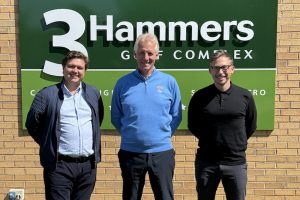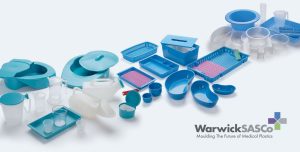Metal company joins £11m power electrics project

A metal processing company in Birmingham has announced its involvement in the £11m PULSE project, which aims to create the first In-Wheel Motors (IWM) that uses recycled magnets.
The project aims to create a flexible assembly line for power electronics systems used by IWM and other products aimed at reducing carbon emissions.
IWM produces power directly on a vehicle’s wheels. By delivering power to the wheels, drivers will experience better torque response, improved handling, faster acceleration, less frequent charging and a longer driving range.
The magnets that PULSE aims to create in the IWM motors will be produced using HyProMag’s in-house manufacturing capabilities and its patented Hydrogen Processing of Magnet Scrap (HPMS) technology, developed at the University of Birmingham.
It is partly funded by the UK Government through the Advanced Propulsion Centre UK (APC) and will see HyProMag work alongside four industrial partners, Protean Electric, Unipart Manufacturing, Viritech, and Transense Technologies, as well as Coventry University and the Warwick Manufacturing Group (WMG).
HyProMag is fully owned by Maginito, which is 79.4% owned by Mkango and 20.6% owned by CoTec Holdings.
William Dawes, chief executive of HyProMag said: “We are very pleased to be part of this groundbreaking project and to work with a leading consortium in the field of electric vehicle innovation, validating HyProMag’s HPMS technology and positioning the company at the forefront of rare earth magnet recycling technology development and commercialisation.”
Dr Rob Arnold, technical manager of HyProMag said: “This consortium has a great commitment to sustainability and scaling the manufacturing capability in the UK, so we are proud to join Project PULSE and continue returning manufacture of NdFeB sintered magnets to the UK. Building on our existing relationship with Protean, this project will see HyProMag deliver a world-first by incorporating short-loop recycled magnets into Protean’s In-Wheel Motor technology, delivering a huge reduction in embedded CO2.”








